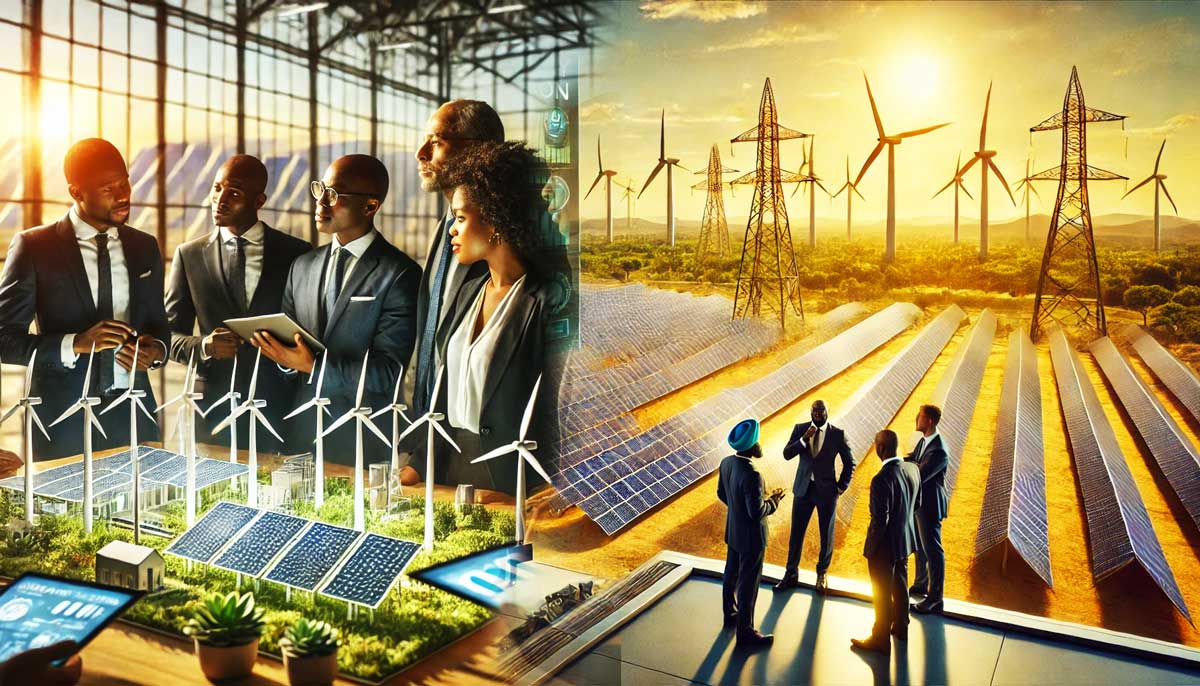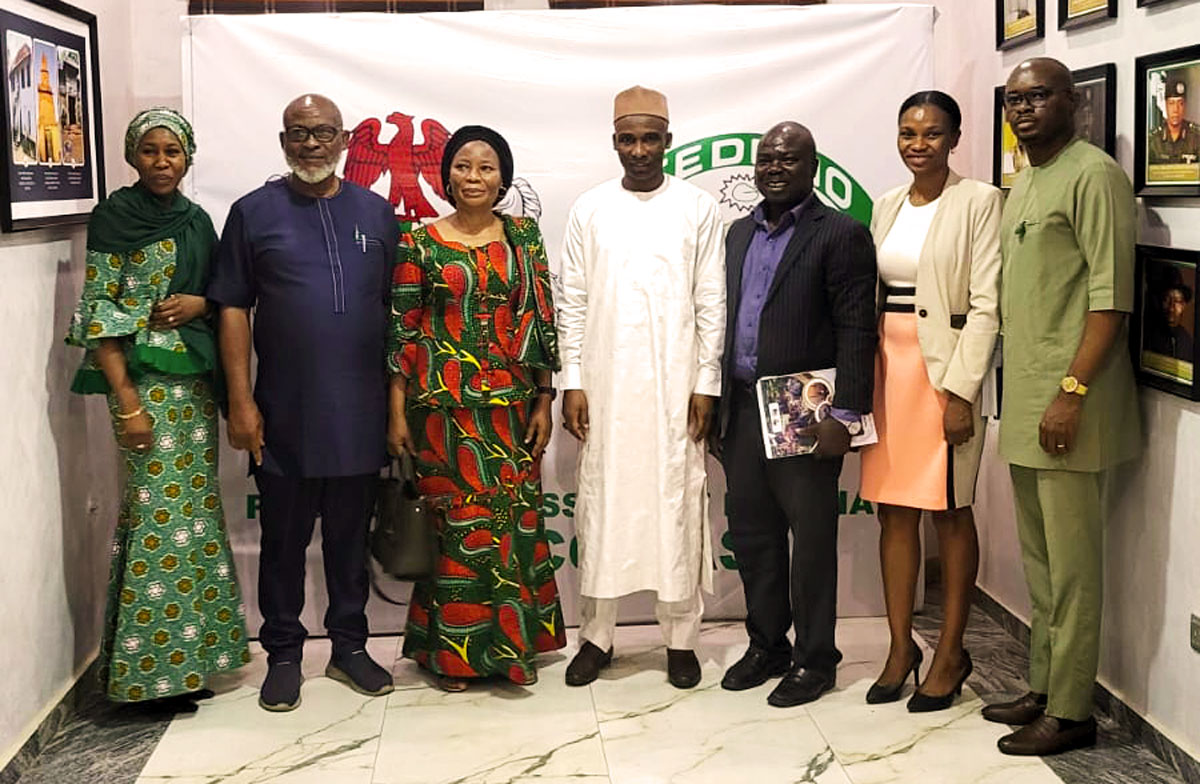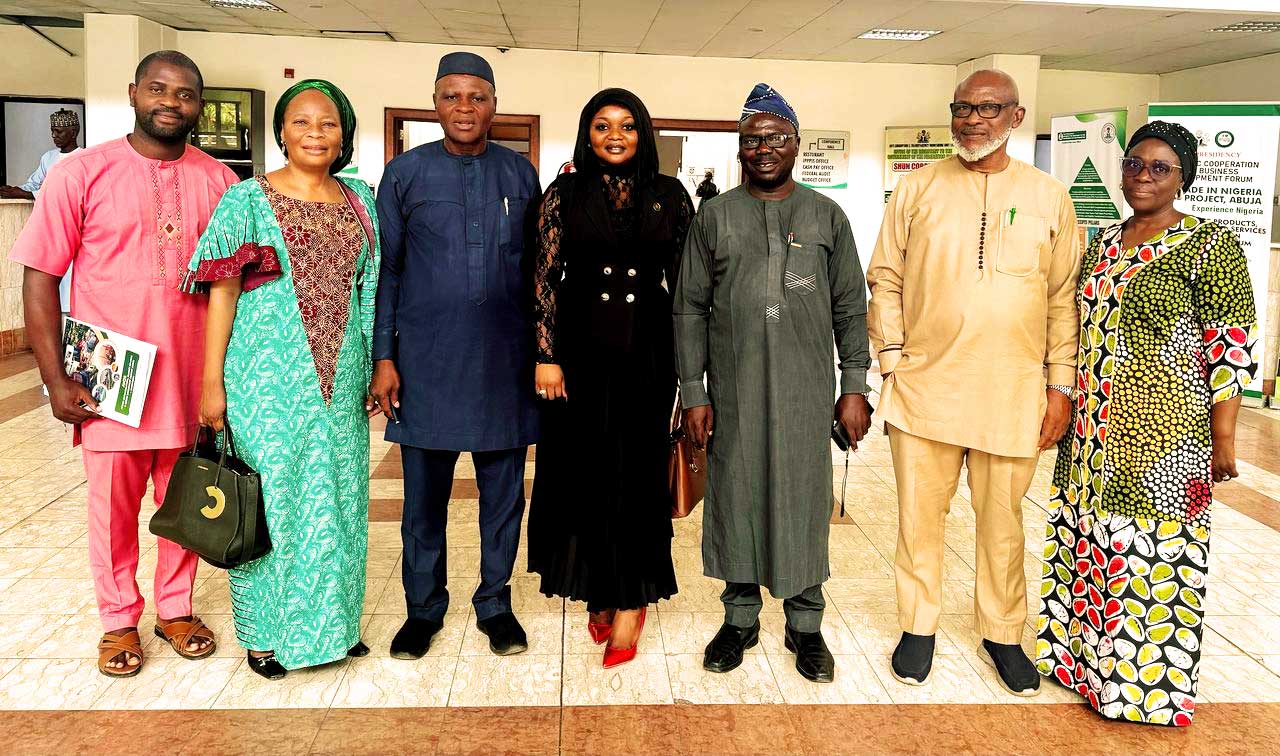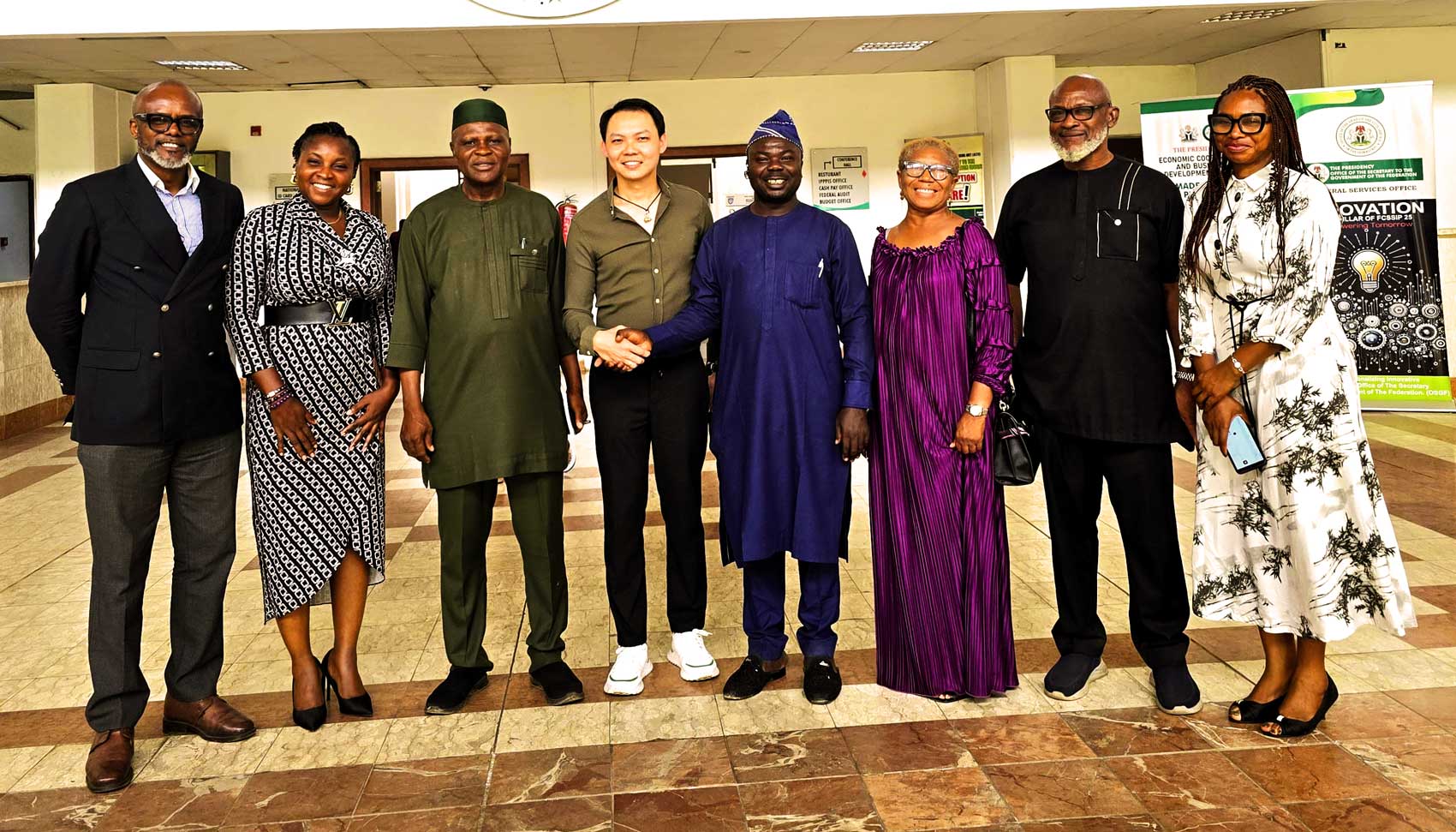Africa stands at a critical juncture in its energy transformation journey. With the continent’s energy demand projected to grow significantly in the coming decades, there is an urgent need to transition toward sustainable energy solutions. The Africa Multilateral Infrastructure, Climate Change, and Green Investment Summit, AICIS 2025, scheduled to take place in Nigeria from May 27th to 30th, 2025, serves as a premier platform to drive the green energy transition through Public-Private Partnerships (PPPs). These partnerships are essential for unlocking Africa’s vast renewable energy potential, accelerating infrastructure development, and achieving the United Nations Climate Change Action on the Blue Economy and Green Investment.
The Energy Challenge in Africa
Africa’s energy landscape is marked by two contrasting realities: abundant renewable energy resources and a persistent energy access gap. While the continent holds over 60% of the world’s best solar resources, nearly 600 million Africans lack access to electricity. Additionally, unreliable power supply remains a major barrier to industrial growth, economic diversification, and climate resilience.
To address these challenges, strategic investments in sustainable energy infrastructure must be prioritized. However, financing the transition from fossil fuels to clean energy alternatives requires multi-sectoral collaboration, particularly between governments, private sector players, and international development partners.
The Role of Public-Private Partnerships in Advancing Africa’s Energy Transition
Public-Private Partnerships (PPPs) offer a structured approach to mobilizing capital, technical expertise, and innovative solutions for sustainable energy development. Through AICIS 2025, stakeholders will explore how PPPs can:
1. Accelerate Renewable Energy Investments
By leveraging private sector participation, governments can de-risk clean energy projects and attract foreign direct investments into solar, wind, hydropower, and green hydrogen projects. AICIS 2025 will highlight bankable case studies where PPPs have successfully driven large-scale renewable energy projects across Africa.
2. Enhance Energy Access and Rural Electrification
Off-grid and mini-grid solutions have emerged as viable alternatives to electrifying Africa’s remote communities. By engaging private investors and technology providers, PPPs can scale up the deployment of solar home systems, micro-hydro projects, and bioenergy solutions to bridge the continent’s energy access gap.
3. Promote Green Energy Infrastructure and Smart Grids
Africa needs resilient energy transmission and distribution networks to integrate renewables into national grids effectively. AICIS 2025 will provide a platform for infrastructure developers, financiers, and policymakers to design innovative PPP models that promote smart grids, battery storage, and energy efficiency initiatives.
4. Develop Policy and Regulatory Frameworks for Green Investment
A robust regulatory environment is crucial for attracting long-term green investments. Through high-level dialogues at AICIS 2025, African governments will engage with international investors to formulate policies that enhance energy sector transparency, reduce bureaucratic bottlenecks, and foster investor confidence.
Notable PPP Success Stories in Africa
Several African nations have successfully implemented PPP-driven energy projects, providing valuable insights for replication across the continent:
- Morocco’s Noor Ouarzazate Solar Complex: One of the world’s largest concentrated solar power plants, developed through a PPP model involving public financing, private investments, and international climate funds.
- South Africa’s Renewable Energy Independent Power Producer Procurement Programme (REIPPPP): A pioneering initiative that has attracted over $14 billion in private investments for clean energy projects, contributing significantly to the country’s energy mix.
- Kenya’s Lake Turkana Wind Project: The largest wind farm in Africa, developed through a multi-stakeholder partnership, now supplies 310 MW of clean electricity to the national grid.
These case studies serve as blueprints for replication in other African nations looking to harness PPPs for their sustainable energy goals.
The Strategic Role of AICIS 2025 in Scaling Up PPPs for Energy Development
AICIS 2025 is poised to be a game-changer in shaping the future of Africa’s green energy landscape. The Summit will:
- Host high-level roundtables featuring ministers, policymakers, and global energy leaders to discuss strategies for scaling up PPP-driven renewable energy projects.
- Facilitate investment matchmaking sessions between project developers and institutional investors.
- Showcase innovative technologies and financing solutions in the multi-sectoral exhibition, enabling direct collaborations between private companies and African governments.
- Launch new policy frameworks and commitments that strengthen Africa’s energy transition pathway.
The Africa Multilateral Infrastructure, Climate Change, and Green Investment Summit (AICIS) 2025 presents an unparalleled opportunity to mobilize global capital, expertise, and partnerships for Africa’s green energy transition. By leveraging Public-Private Partnerships, the continent can bridge the energy access gap, accelerate renewable energy investments, and build a resilient energy infrastructure for sustainable development.
Through collaborative action at AICIS 2025, Africa can unlock its full clean energy potential, drive economic growth, and lead the global agenda on climate action and sustainable infrastructure development.
AICIS2025 #GreenInvestmentAfrica #RenewableEnergy #InfrastructureDevelopment #ClimateChangeAction #PublicPrivatePartnerships #SustainableEnergy #BlueEconomy #GreenFutureAfrica #InvestmentSummit




